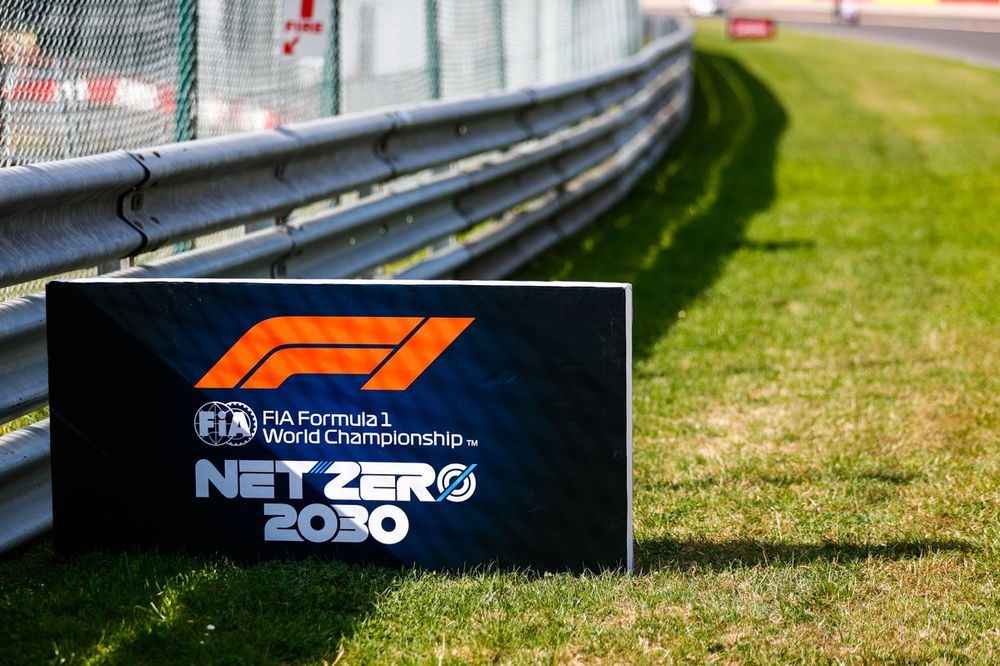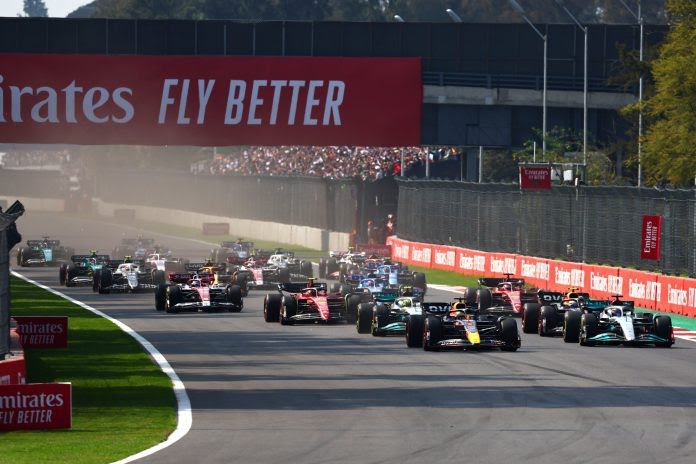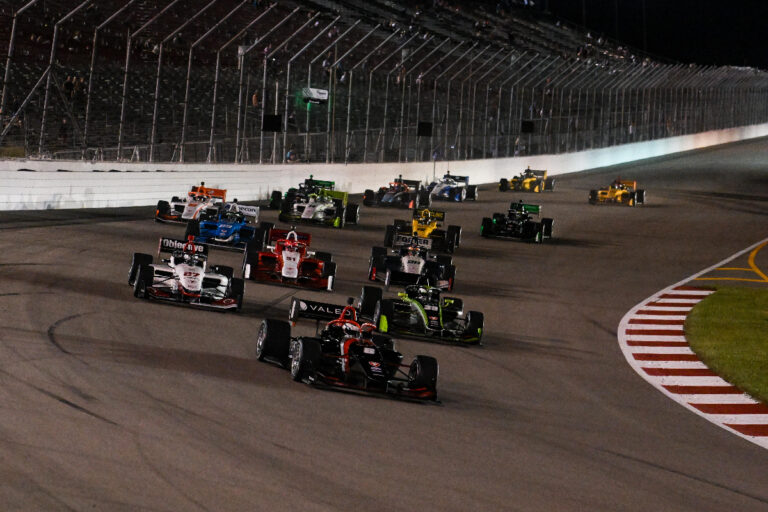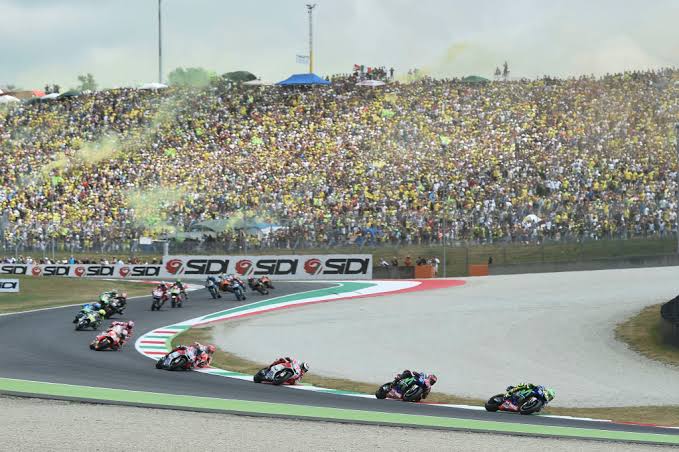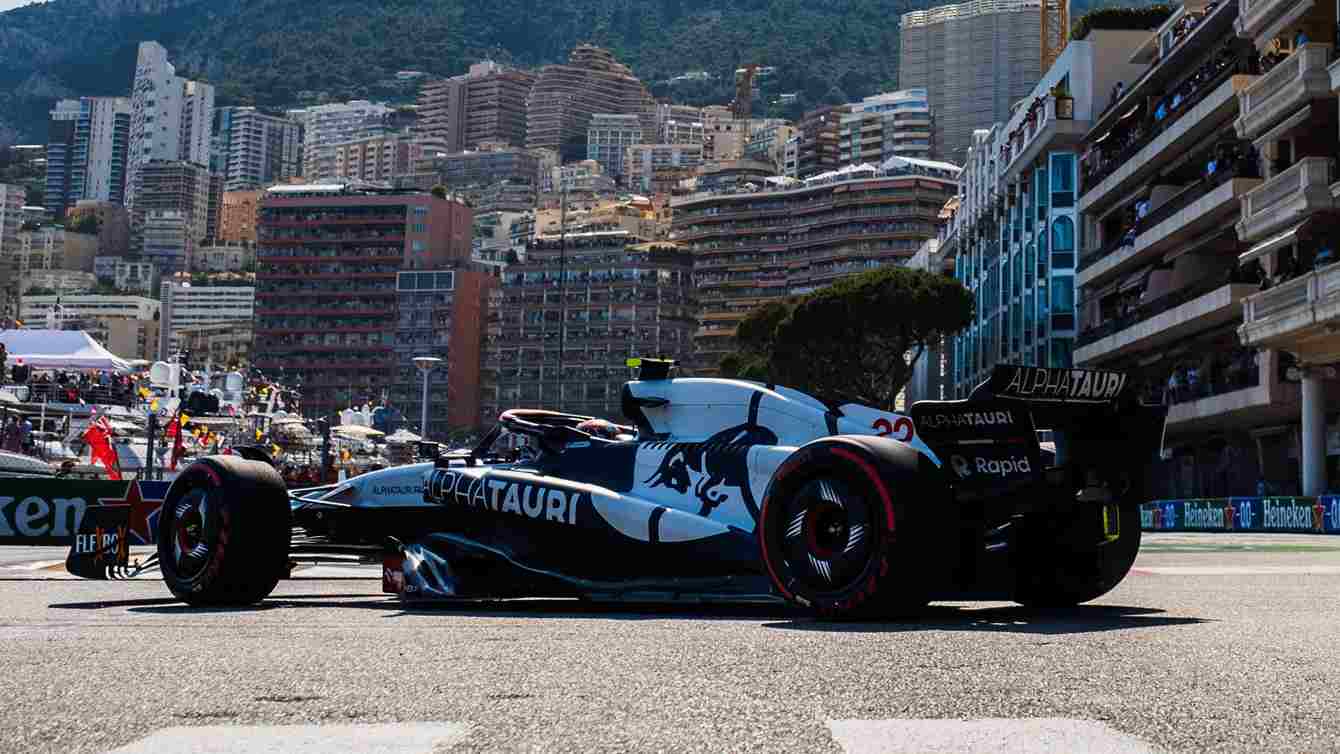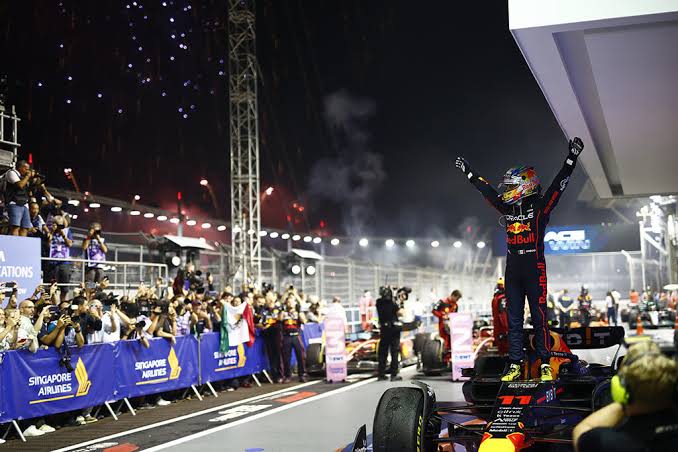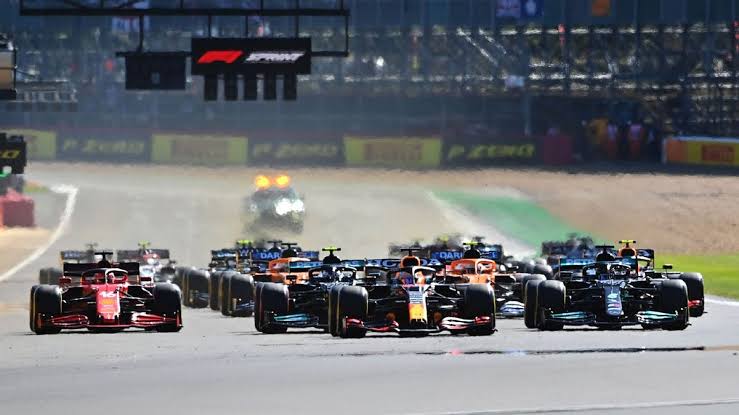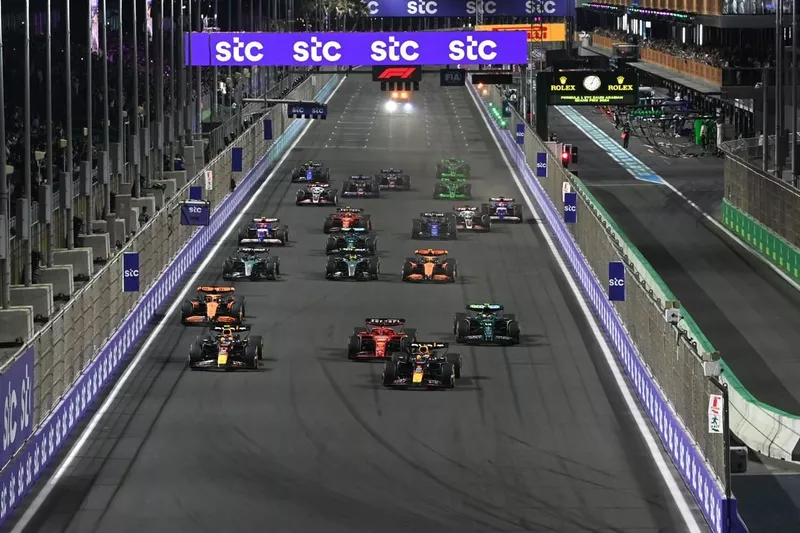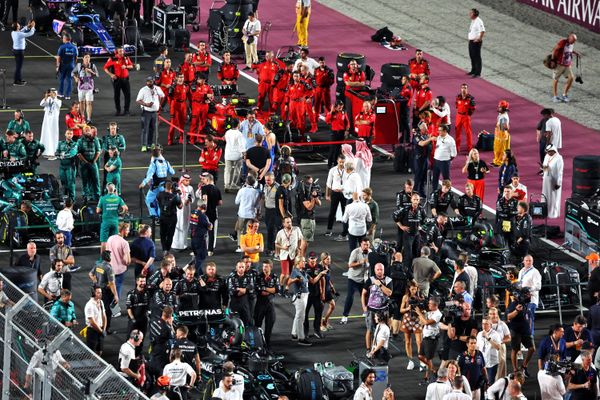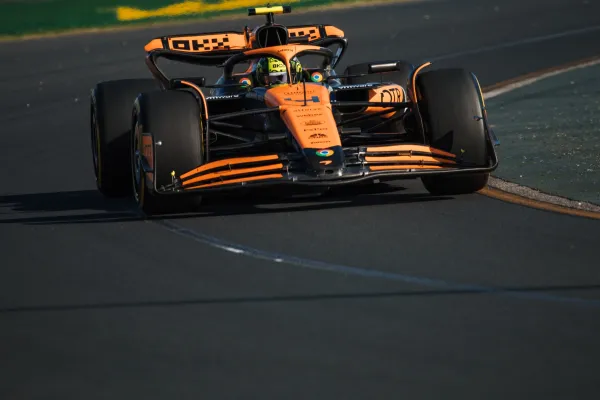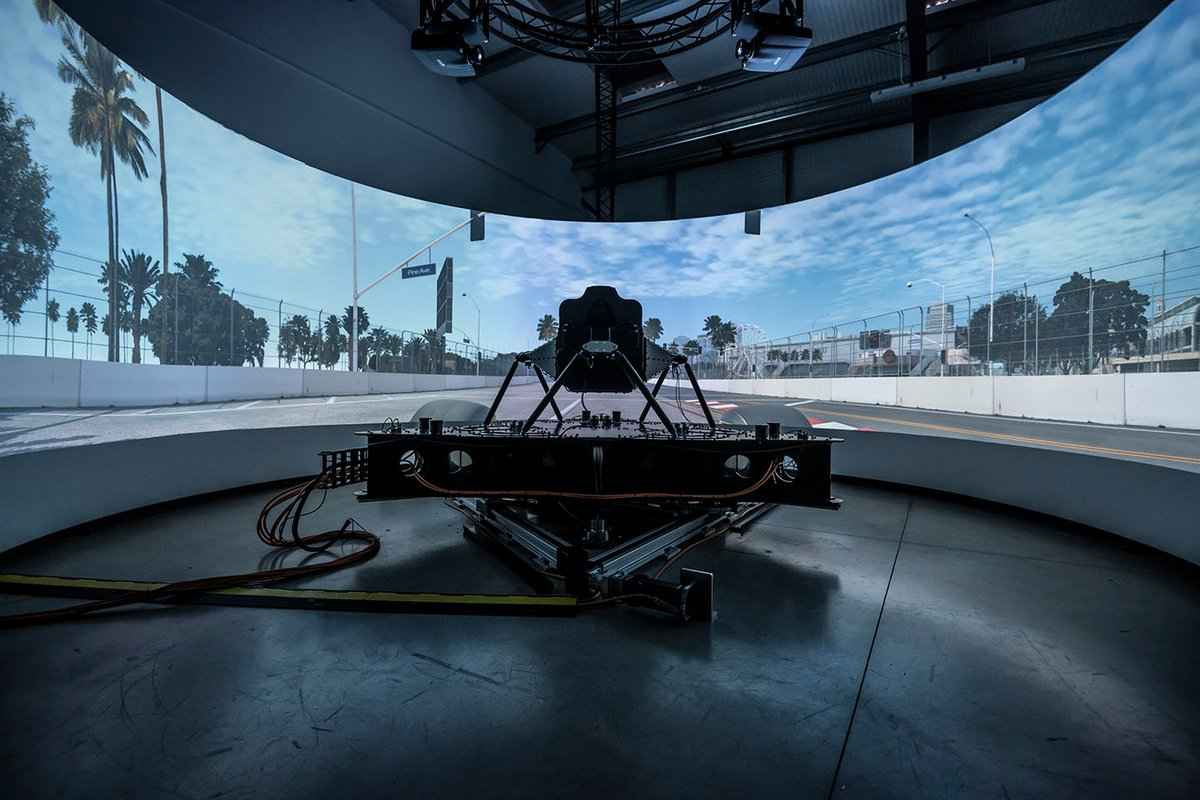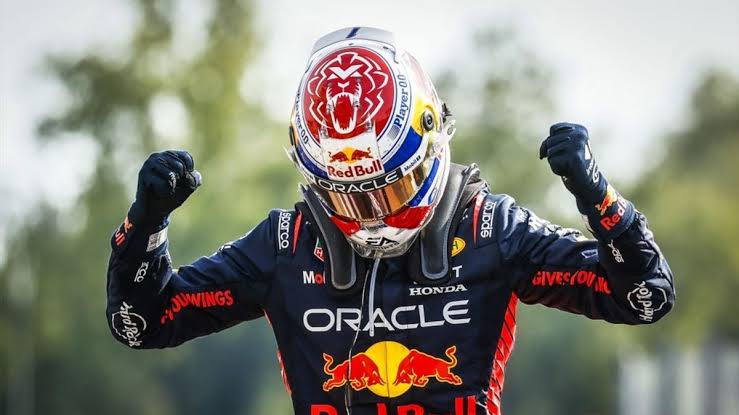Formula 1: Racing Towards A Sustainable Future
For decades, Formula 1 has been synonymous with roaring engines, cutting-edge technology, and adrenaline-fueled competition. But beneath the surface of high-octane excitement, a profound change is afoot. Powered by growing global concern about climate change, F1 is driving towards a sustainable future, a future where it aims not just to reduce its environmental footprint but also to be a driver of eco-friendly innovation throughout the automotive sector and beyond.
Shifting Gears: The Imperative for Sustainability
With the world battling to reduce carbon emissions, F1’s environmental footprint has come under increasing pressure. The sport’s international reach, complex logistics, and reliance on fossil fuels have made it a target for activists. Sensing the winds of change, Formula 1 launched its bold sustainability strategy in 2019 with a commitment to be net-zero carbon by 2030. The commitment is not simply a gesture of corporate social responsibility but a strategic imperative for the sport’s long-term survival and relevance.
The Three Pillars of F1’s Sustainability Strategy
F1’s sustainability approach is based on three pillars:
Achieving Net-Zero Carbon Emissions by 2030: This is the overall goal, calling for a wholesale change to F1’s operations to significantly reduce and offset its carbon footprint.
Adopting Sustainable Technologies: F1 is leveraging its position as a technology leader to develop and implement new sustainable technologies in its vehicles as well as in its operations facilities.
Driving Industry Change: F1 recognizes its role as a global platform and is actively working to impact and inspire its partners, suppliers, and the wider automotive sector to take up sustainability.
Fueling the Future: Sustainable Fuels
A key component of F1’s sustainability strategy is the move to 100% advanced sustainable fuels. They do not derive from crude oil but are instead produced from sustainable substances such as biomass waste, non-food crops, or even captured carbon.
The Promise of Drop-in Fuels: F1 is also developing “drop-in” sustainable fuels that can work in existing internal combustion engines (ICEs) without requiring significant changes. This is crucial to facilitate a smooth transition and to stimulate the adoption of sustainable fuels in the broader automotive industry.
Collaboration with Fuel Companies: F1 is actively collaborating with leading fuel companies like Aramco to develop and test these advanced sustainable fuels. Extensive research and development efforts are underway to optimize fuel performance and minimize environmental impact.
Phased Implementation: F1 has taken a phased introduction of sustainable fuels. In 2023, vehicles in Formula 2 and Formula 3 began running on a 55% sustainable fuel blend. The long-term intention is to introduce 100% sustainable fuels in F1 vehicles by 2026.
Powering the Paddock: Renewable Energy
Along with sustainable fuels, F1 is also well on its way to transitioning to renewable sources of energy to power its events and operations.
Renewable Energy at Race Events: F1 is encouraging race promoters to actively use renewable energy sources such as solar, wind, and geothermal energy for powering the paddock, pit lane, and other event infrastructure.
Success Stories: Several racetracks have already met with significant success in the uptake of renewable energy. The Bahrain International Circuit, for example, has installed a solar farm that generates enough clean energy to power all circuit usage for F1 events, with any surplus energy fed back into the national grid.
Mobile Renewable Energy Solutions: F1 is exploring the use of mobile renewable energy solutions, such as solar-powered generators and battery storage systems, to provide clean energy in areas where grid-connected renewable energy is not readily available.
Streamlining Logistics: Reducing the Carbon Footprint of Travel
The logistics of F1 racing are vast, with teams and equipment traveling thousands of miles across the globe each season. Reducing the carbon footprint of these logistics is a colossal challenge but also an enormous chance for enhancement.
Biofuel-Powered Trucks: F1 is working with logistics providers like DHL to use biofuel-powered trucks to move equipment across Europe. The trucks can significantly reduce carbon emissions compared to traditional diesel trucks.
Optimizing Transport Routes: F1 is leveraging sophisticated logistics planning software to minimize unnecessary travel by consolidating shipments, employing more efficient modes of transport, and scheduling races strategically to minimize travel distances.
Remote Operations and Digitalization: F1 is also leveraging technology to reduce the need for physical travel. Remote broadcast operations, for example, allow commentators and other personnel to work remotely, reducing the number of people who need to travel to each race.
Driving Innovation: F1’s Legacy of Technological Development
Throughout its history, F1 has been a hotbed of technological innovation, with many developments designed for racing finding their way into mainstream automotive technology. The impetus of sustainability is accelerating this, with F1 at the forefront of new technology with the potential to revolutionize the automotive industry.
Hybrid Power Units: F1 hybrid power units are among the most efficient engines ever produced, combining a turbocharged internal combustion engine with a powerful electric motor. These technologies are paving the way for more efficient hybrid and electric vehicles.
Battery Technology: F1 leads the way in battery technology, developing high-performance, lightweight batteries that can store and release energy efficiently and rapidly. These technologies can be transferred immediately to the development of electric vehicles.
Aerodynamic Efficiency: F1 engineers are constantly striving to improve the aerodynamic efficiency of racing cars, reducing drag and improving fuel efficiency. These same principles are being applied to the design of more fuel-efficient road cars.
Overcoming the Obstacles: Challenges and Opportunities
While F1 has made great strides on its path to sustainability, there remain hurdles to be jumped. The complexity of the sport’s global complexion, the prohibitive expense of developing and implementing new technology, and the need for cooperation among a wide range of stakeholders are all significant hurdles.
Cost Considerations: Sustainable technologies are expensive to develop and introduce, particularly at the outset. F1 needs to think about how to incentivize teams and suppliers to invest in sustainable technologies.
Supply Chain Complexity: F1’s supply chain is very complex with hundreds of suppliers from all over the world. To get all these suppliers to be committed to sustainability is a huge undertaking.
Sustaining Performance: F1 is a performance sport, and anything done on sustainability must not diminish the excitement and competitiveness of the racing. Finding the right balance between sustainability and performance is one of the primary challenges.
The Way Forward: A Sustainable Future for Motorsport
Despite the challenges, F1 is committed to sustainability. The sport is actively researching new technologies, forming partnerships with industry leaders, and engaging with the fans to ensure sustainable practices.
Carbon Capture and Offsetting: In addition to reducing its emissions, F1 is also investing in carbon capture and offsetting initiatives to compensate for its remaining carbon footprint.
Engaging Fans: F1 is using its platform to raise awareness for sustainability and encourage fans to live more sustainably in their lives.
A Model for Other Sports: F1’s sustainable efforts can serve as a model for other sporting bodies looking to reduce their carbon footprint.
Conclusion: Racing Towards a Greener Tomorrow
Formula 1’s transformation into a more sustainable sport is a testament to its ability to innovate and evolve. By embracing new technologies, simplifying its operations, and working together with its stakeholders, F1 is not only reducing its own environmental footprint but also driving positive change across the automotive industry and beyond. As F1 speeds towards a more sustainable future, it is proving that high-performance racing and sustainability are not mutually exclusive, and a more exciting and environmentally friendly future for motorsport is being forged.
